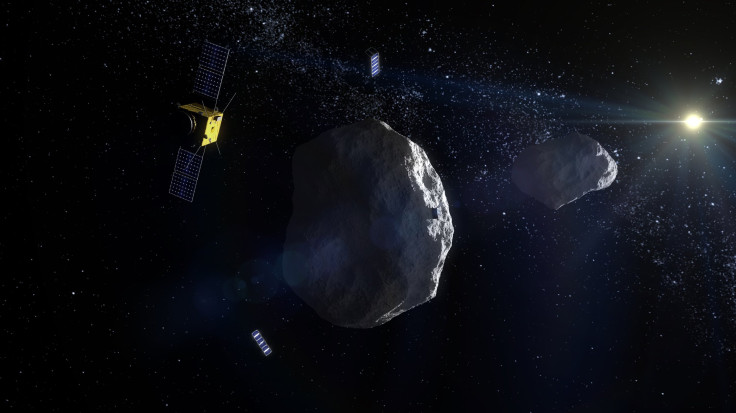ESA Calls For Support For Agency’s Asteroid-Deflection Mission

A scientist from the European Space Agency (ESA) stressed the importance of the agency’s joint asteroid-deflection mission with NASA. The scientist is hoping that the ESA will receive the necessary funding to green-light the mission.
For the past couple of months, NASA and the ESA have been unveiling details of a joint project that involves knocking an asteroid off its current course. It will be kicked off by a mission by NASA dubbed as Double Asteroid Redirection Test (DART).
This project involves deploying a NASA spacecraft and intentionally crashing it into the moon of Didymos asteroid. Then, the ESA will launch its own mission known as Hera to study the effects of DART on the space rock. The goal of the Hera mission is to determine if DART was able to affect the trajectory of the asteroid.
Despite the importance of the mission, scientists are worried that ESA’s project may not receive the necessary support it needs in order to proceed. After all, its predecessor, known as the Asteroid Impact Mission, was shelved after the ESA’s member states declined to fund it.
For Patrick Michael, the lead scientist for the Hera mission, carrying out an asteroid-deflection project is very important primarily because of the possible consequences of not doing one.
“The probability [of an asteroid impact] is low but the consequences are high," he told Space.com. "This is why it's relevant to take care of it. Moreover, we have the tools … We can't lose more time. We have studied this for 15 years, so what are we going to do if it doesn't happen this time? Do more paperwork? Spend more money?"
Michael and his colleagues are rallying support for the Hera mission right before the ESA’s ministerial meeting, which will take place on Nov. 27 to 28. This meeting is carried out every three years by the agency’s member states to decide on the budget for the ESA’s future missions.
Earlier this month, scientists and space enthusiasts held a press conference in Berlin to urge European countries to support the Hera mission. During the event, they presented a letter with over 1,200 signatures to convince the member states about the importance of the mission.
© Copyright IBTimes 2024. All rights reserved.





















